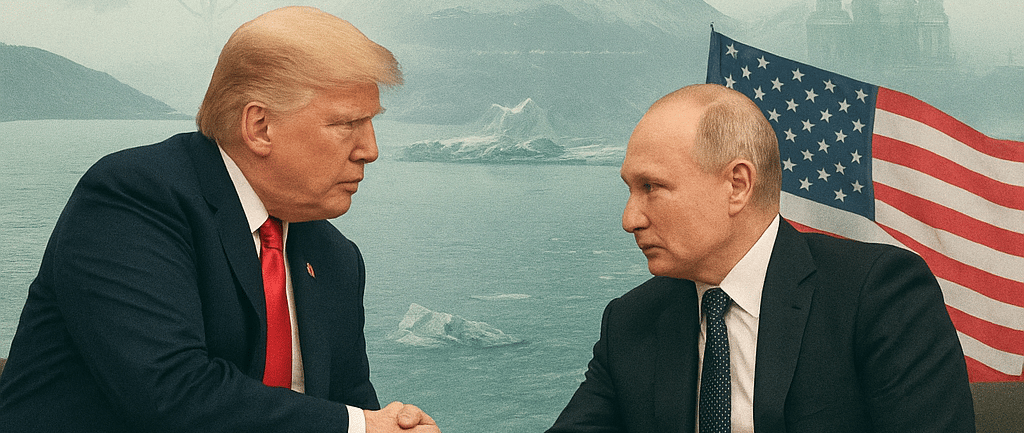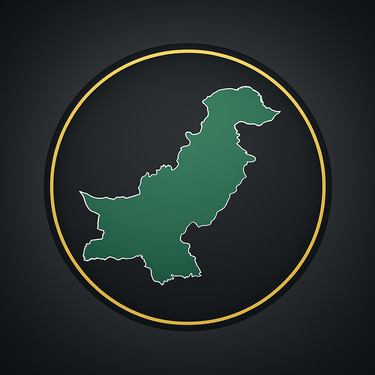Trump–Putin Alaska Summit 2025: A Diplomatic Win for Russia, New Challenges for Europe & Ukraine
At the Alaska summit, Donald Trump and Vladimir Putin discussed Ukraine, U.S.–Russia ties, and global power shifts. What does this mean for Europe, Kyiv, and future diplomacy?
INTERNATIONAL
8/17/20253 min read


Alaska Summit: Not Another Munich, But Could Signal a New Yalta
Europe and Ukraine must rethink their strategy toward Trump—or risk giving Moscow more room to maneuver.
On August 15, 2025, U.S. President Donald Trump met Russian President Vladimir Putin in Anchorage, Alaska, in an attempt to negotiate an end to the war in Ukraine. While Russia’s military has struggled to secure major victories on the battlefield, Putin scored a significant diplomatic win through this high-profile meeting.
At Joint Base Elmendorf-Richardson, the mood was warm. Trump applauded Putin’s arrival, welcomed him on the red carpet, and even ushered him into his presidential limousine. The two leaders spent nearly three hours together, later describing their talks as “positive” and hinting at agreement on several issues. Putin extended an invitation to Trump to visit Moscow, though Trump held off on accepting for now.
What Was Discussed Behind Closed Doors?
According to Russia’s ambassador to Washington, Alexander Darchiev, the summit touched on more than just Ukraine. Key topics reportedly included the possible return of six Russian diplomatic properties seized during President Biden’s term and the restoration of direct air travel between the U.S. and Russia.
Interestingly, Trump appeared to soften his earlier push for an immediate ceasefire in Ukraine. Instead, he signaled a willingness to consider Moscow’s demand for a comprehensive peace settlement—a shift that aligns more closely with Kremlin objectives. On his social platform, Truth Social, Trump claimed both the European Union and Ukraine now agreed that “a direct peace agreement” is the only way forward.
Why the Summit Was a Win for Putin
Even without concrete policy changes, Putin emerged stronger. Simply being welcomed by the U.S. president helped shed the pariah status Russia earned after invading Ukraine in 2022. More importantly, he was treated as the leader of a global power—something he has long craved.
For Putin, this moment reinforced his narrative: Russia is too important to isolate and must be engaged on its own terms.
The Dilemma for Ukraine and Europe
For Ukraine, the outcome is worrying. Trump has consistently shown admiration for Putin’s leadership style and appears unwilling to challenge him directly. Yet Kyiv and Europe cannot afford to alienate Washington—continued U.S. military and financial support remains crucial for Ukraine’s survival.
While Europe has increased defense spending since Trump’s return to office, its capacity still falls far short of what is needed to replace U.S. capabilities. Without American backing, Ukraine’s position weakens dramatically.
Trump, however, is more concerned about U.S. global strategy—energy exports, competition with China, and control of the Arctic—than Ukraine itself. Hosting the summit in Alaska underscored his focus on these larger priorities.
How Europe and Ukraine Can Still Influence Trump
If Trump sees the war only as a distraction, Ukraine and its allies must reframe the conflict in terms of U.S. interests. That means highlighting how Russia threatens Washington’s economic and strategic goals:
Energy Exports: Russian LNG projects could undercut U.S. natural gas in global markets.
China Partnership: Russia supplies Beijing with cheap resources, strengthening China’s challenge to U.S. dominance.
Arctic Ambitions: Moscow is expanding its nuclear icebreaker fleet, aiming to control Arctic trade routes.
For Putin, Ukraine is about reshaping the world order. For Trump, it’s about whether Russia obstructs his vision of U.S. supremacy. Ukraine and Europe must exploit this difference if they want to keep him engaged.
Why This Moment Matters
The Alaska summit was no “new Munich”—Trump did not formally concede Ukrainian territory. But if Europe and Kyiv fail to recalibrate their strategy, the meeting could mark the start of a “new Yalta”, where Moscow and Washington redraw spheres of influence, leaving Europe caught in between.
Explore
Your lens into Pakistan's vibrant stories.
Connect
Discover
+92-300-0440097
© 2025. All rights reserved.
